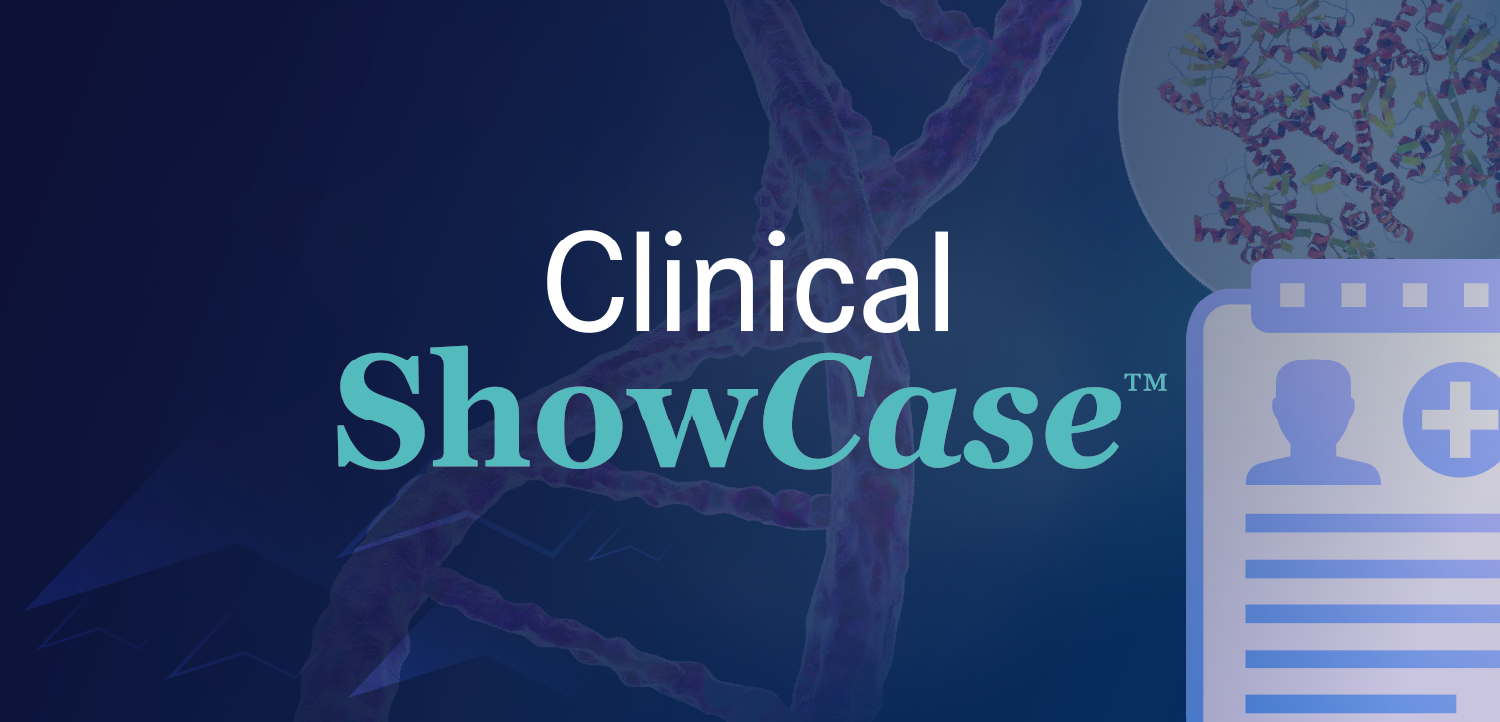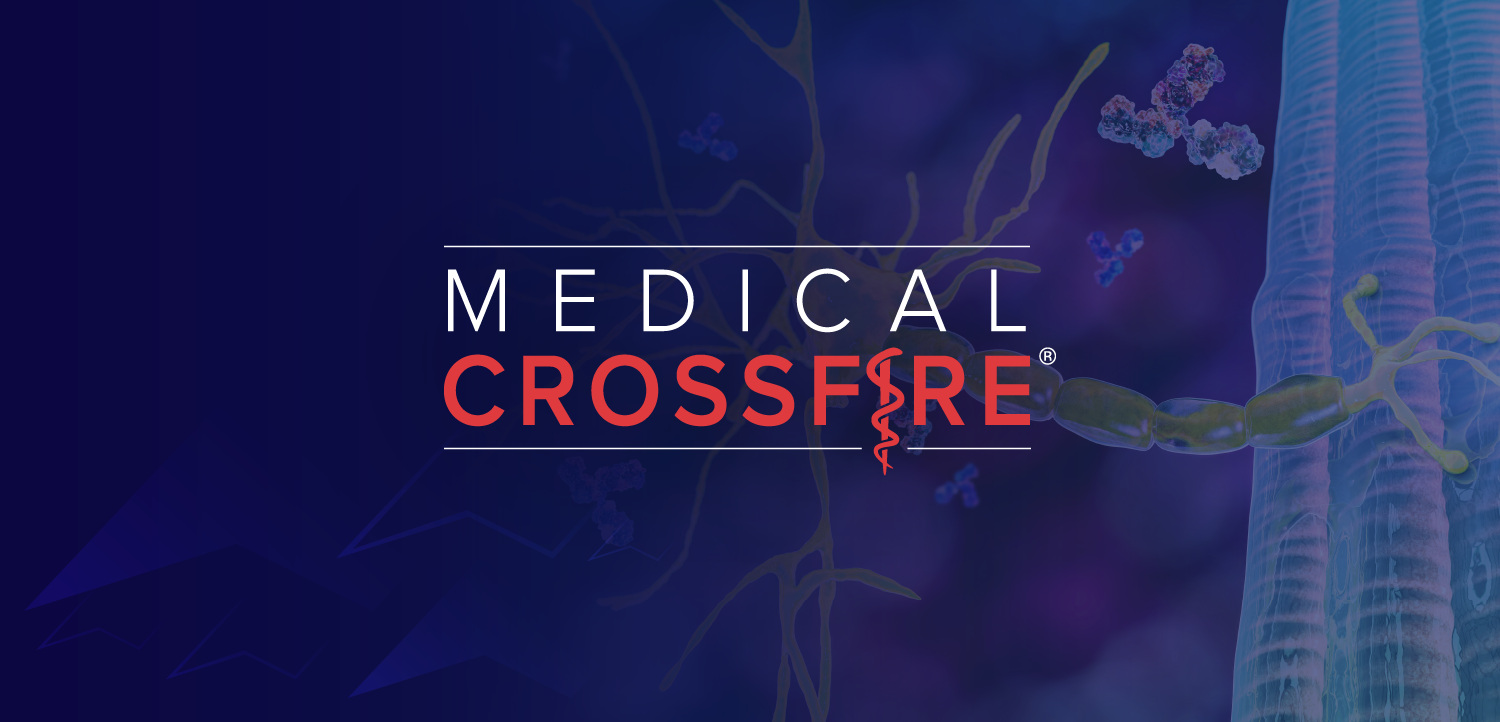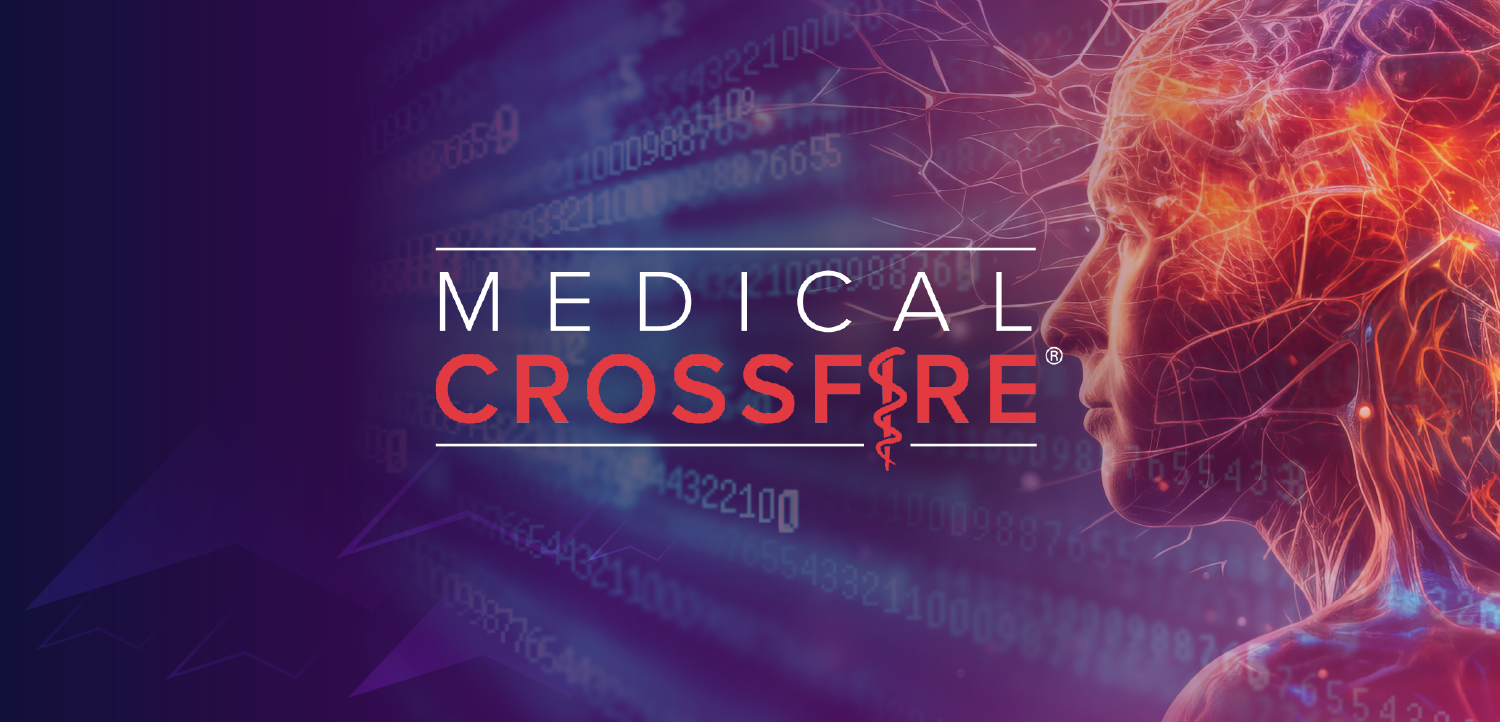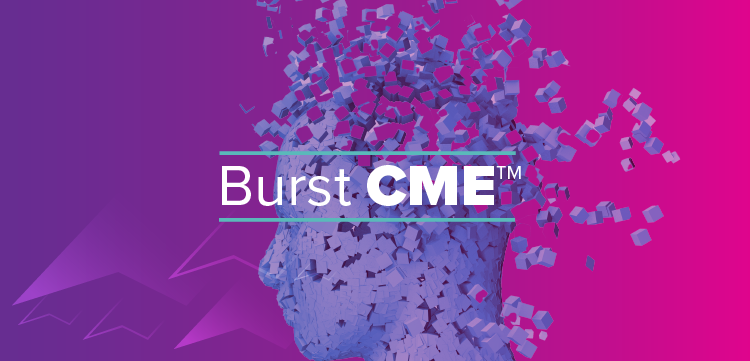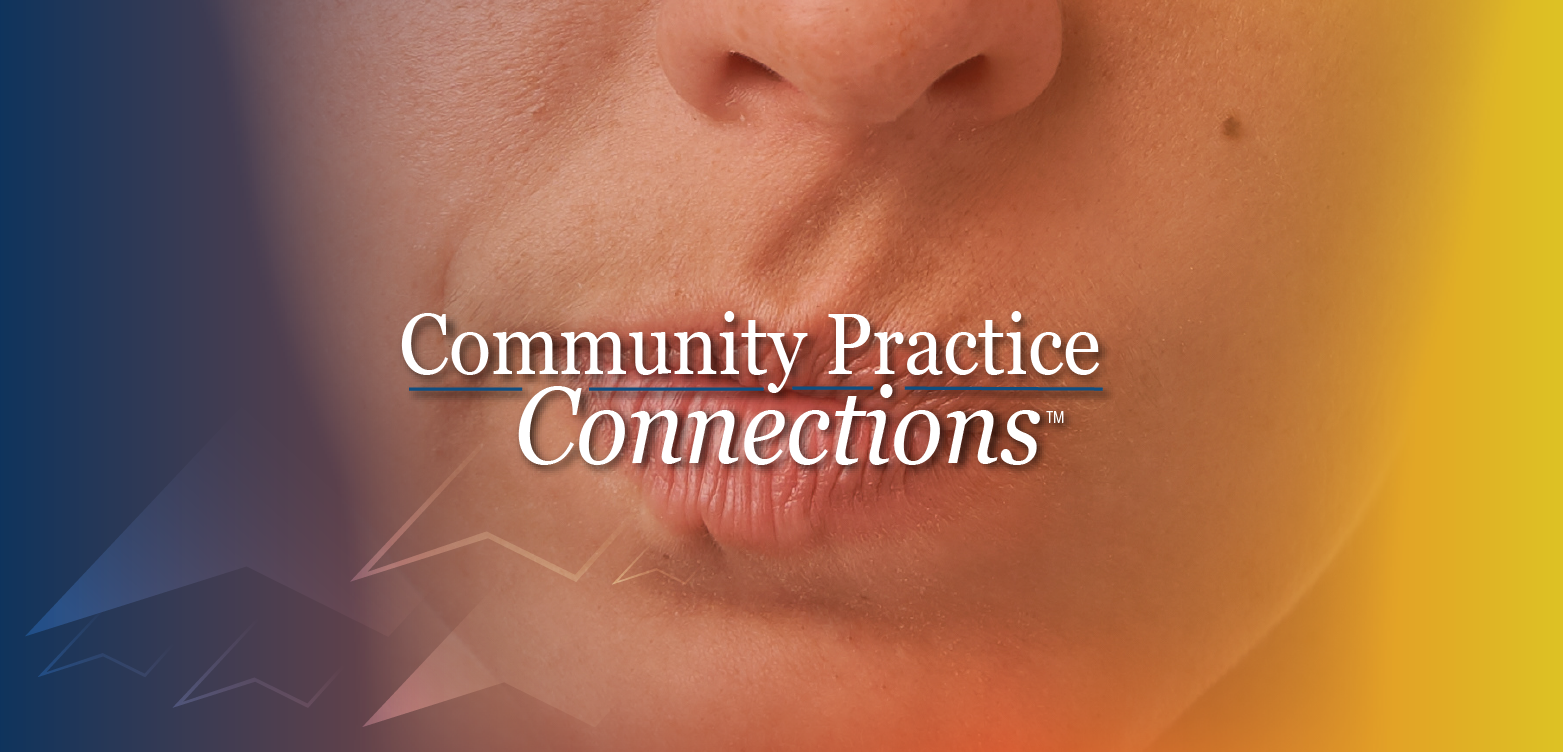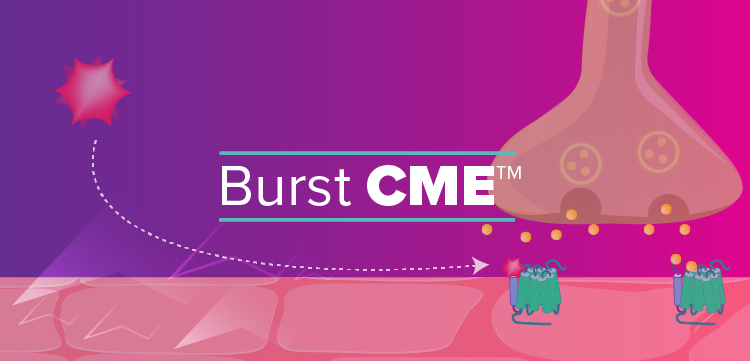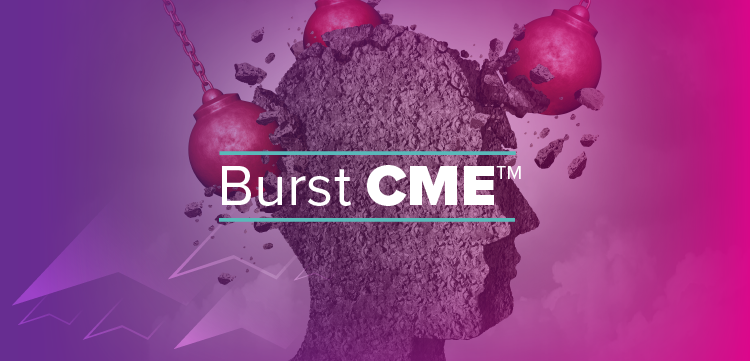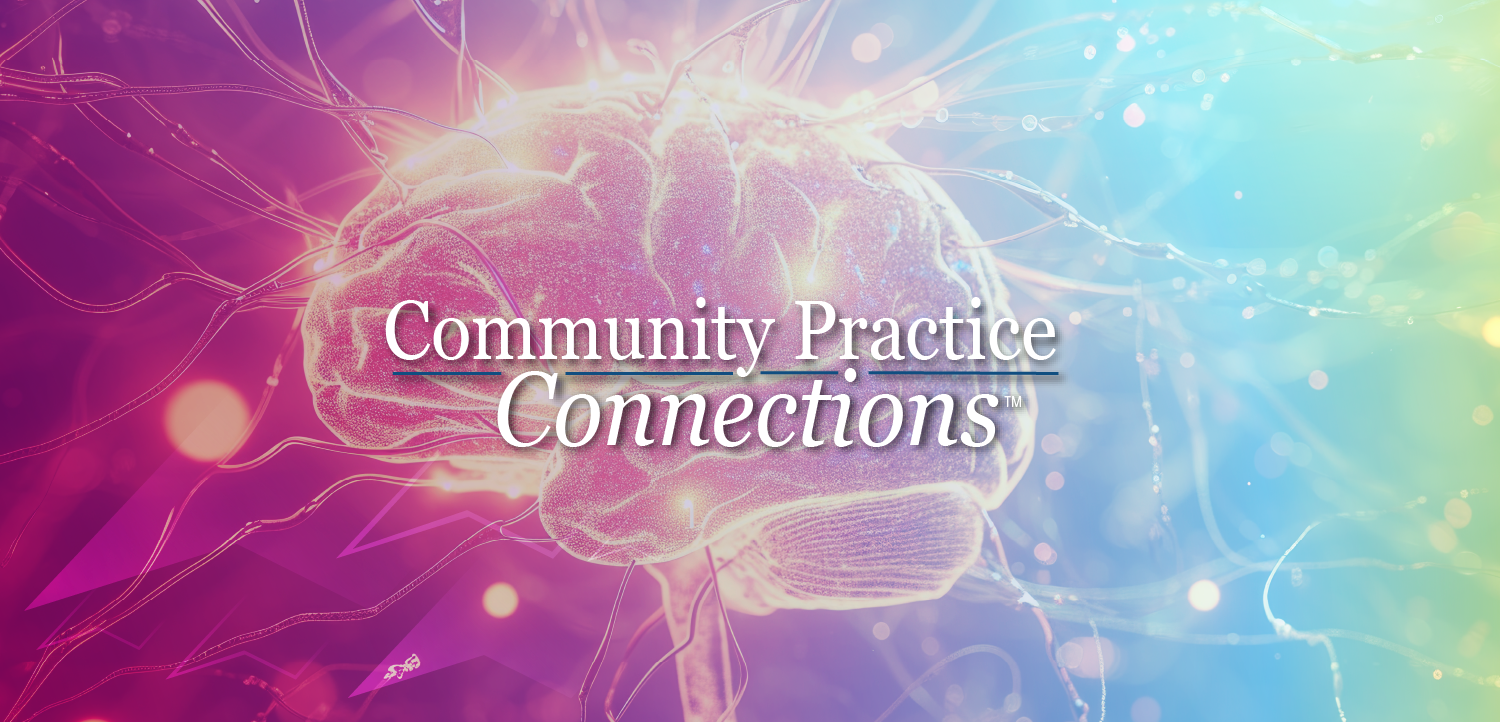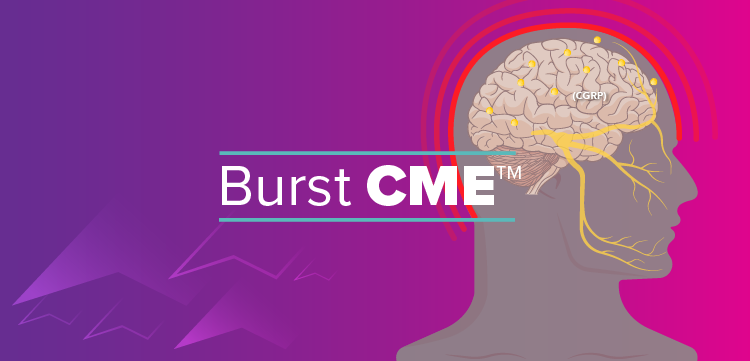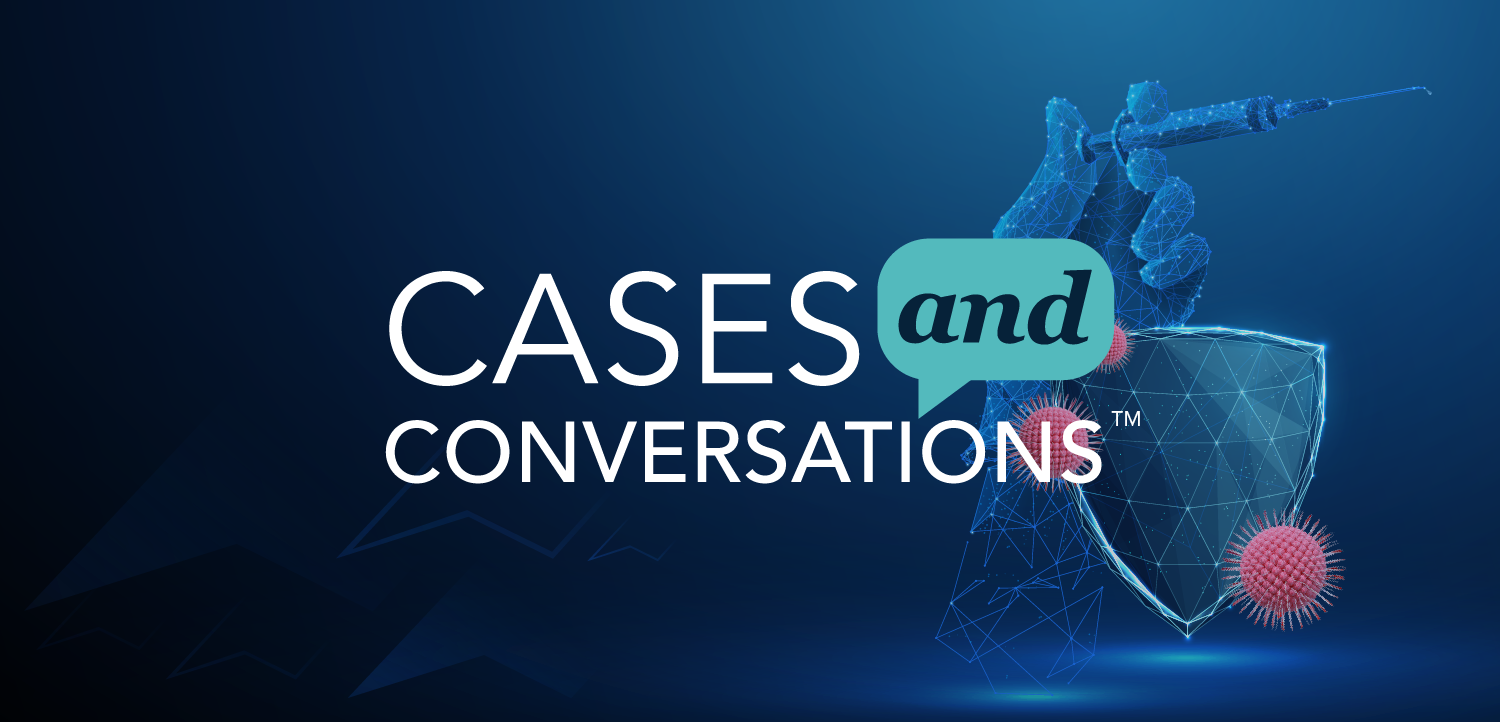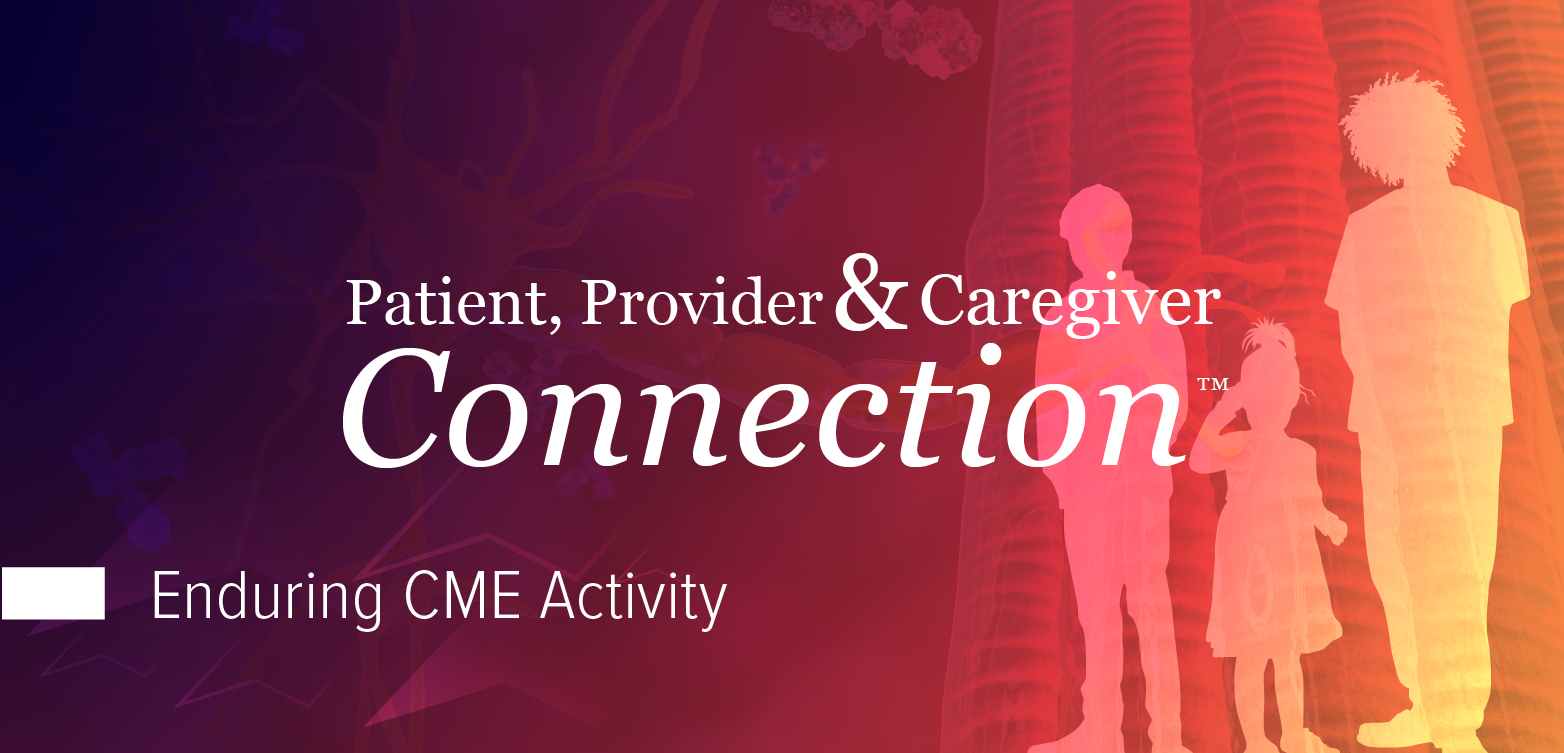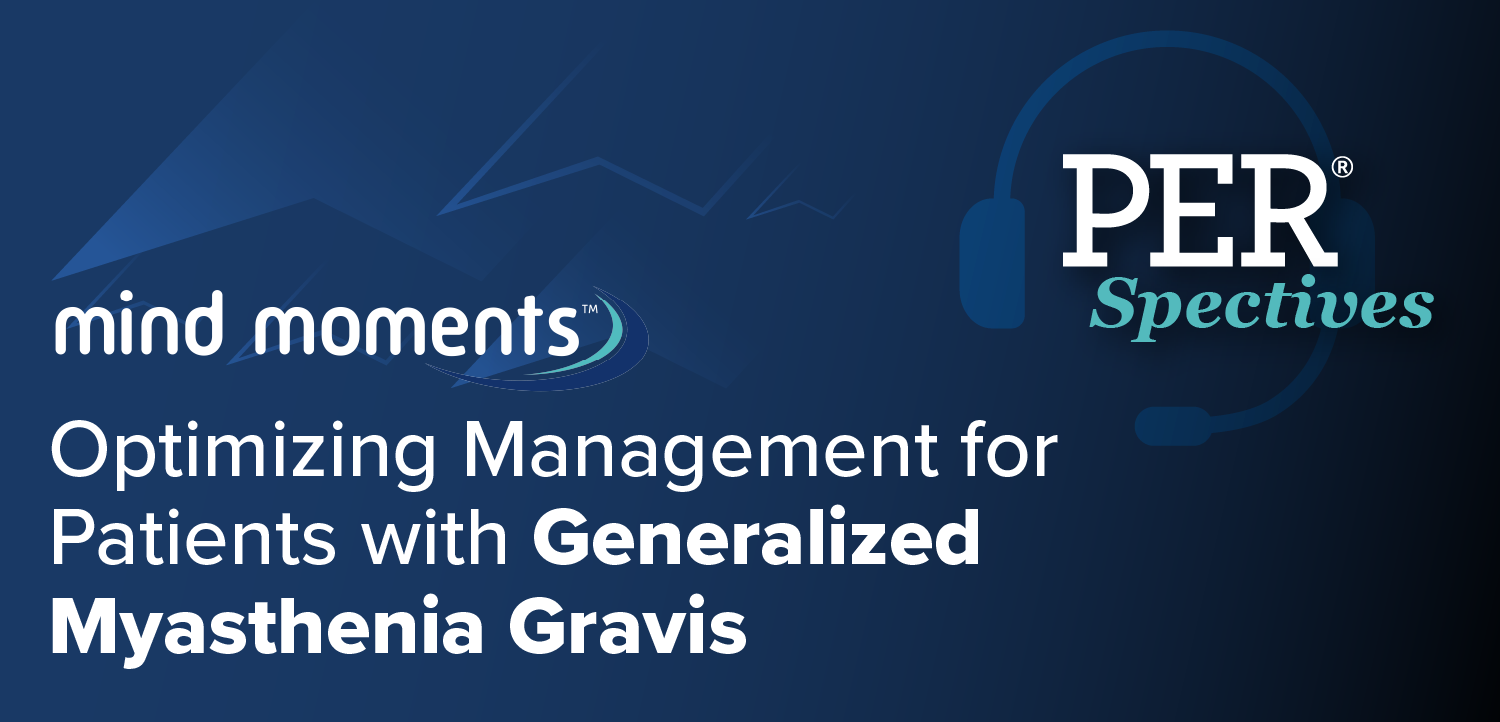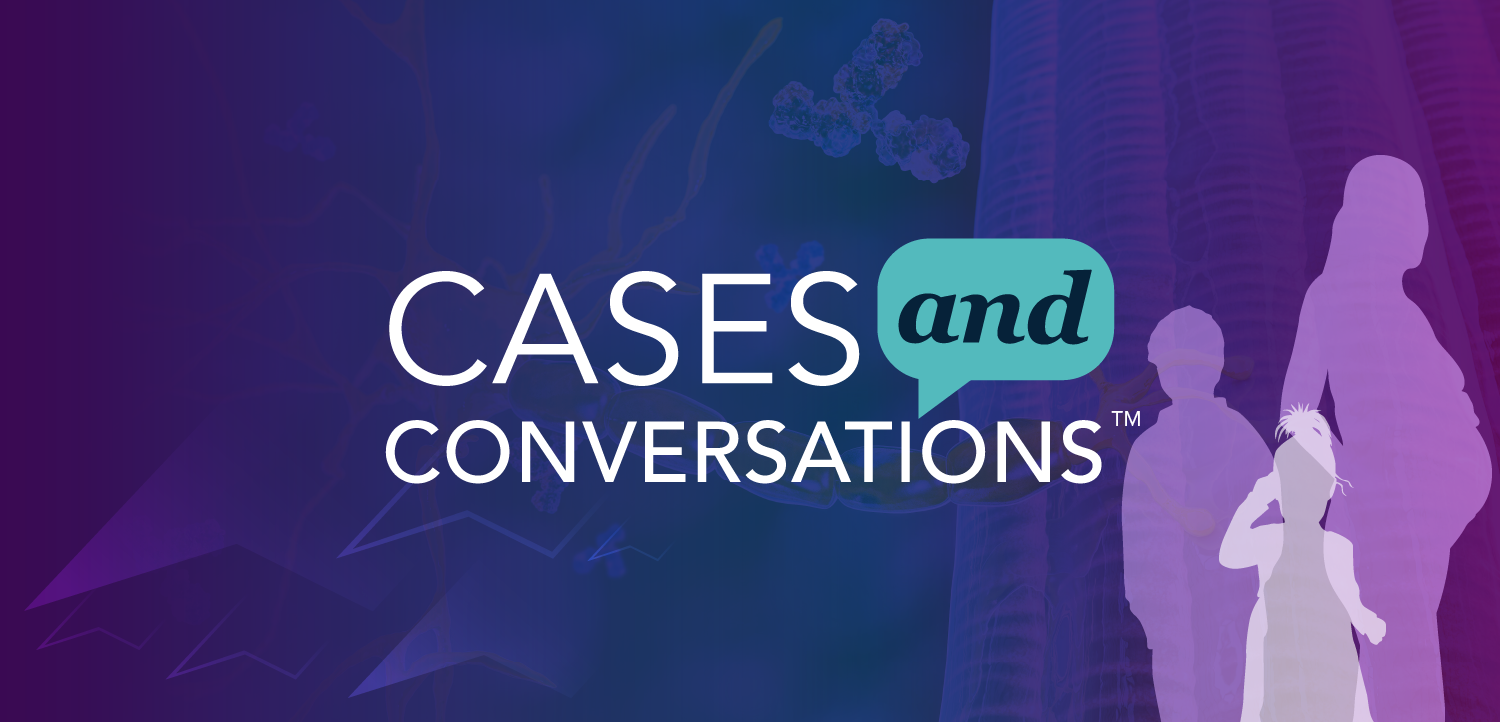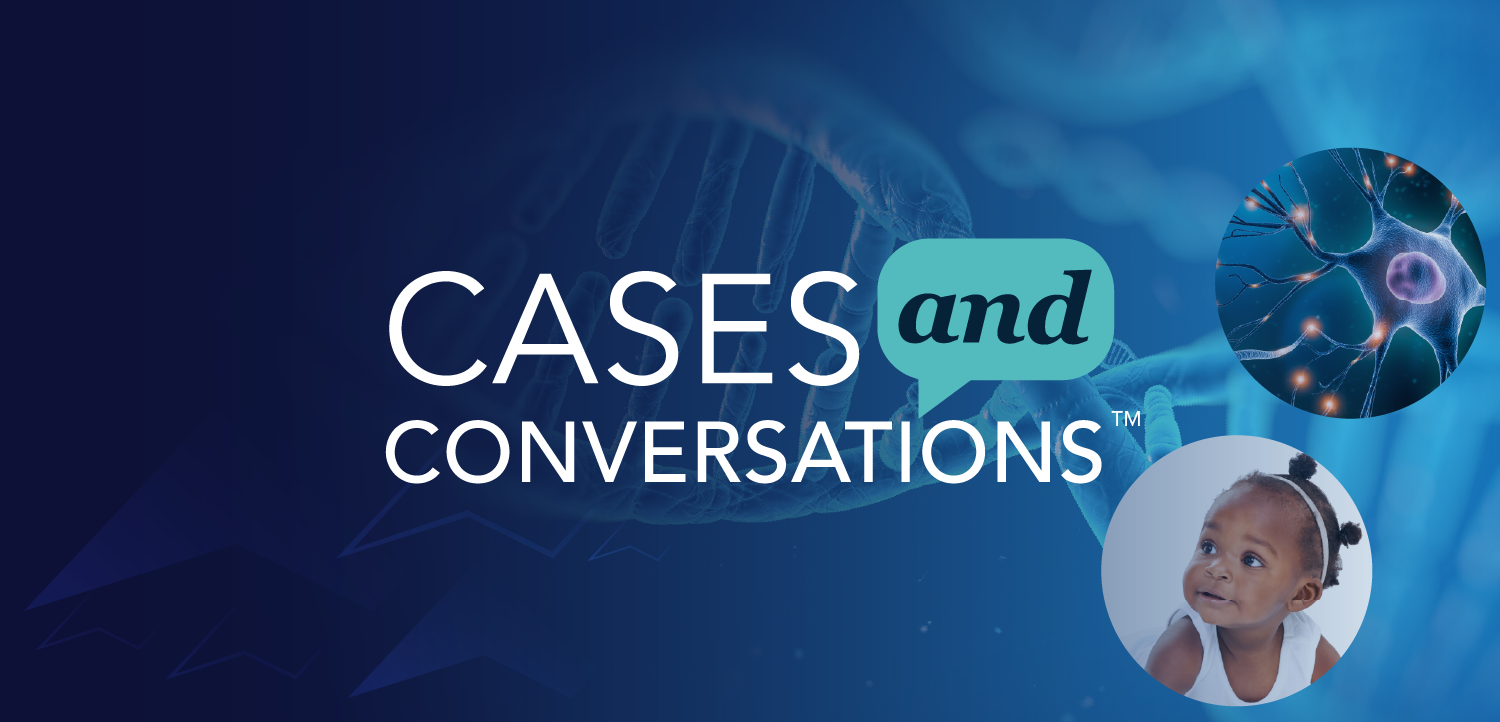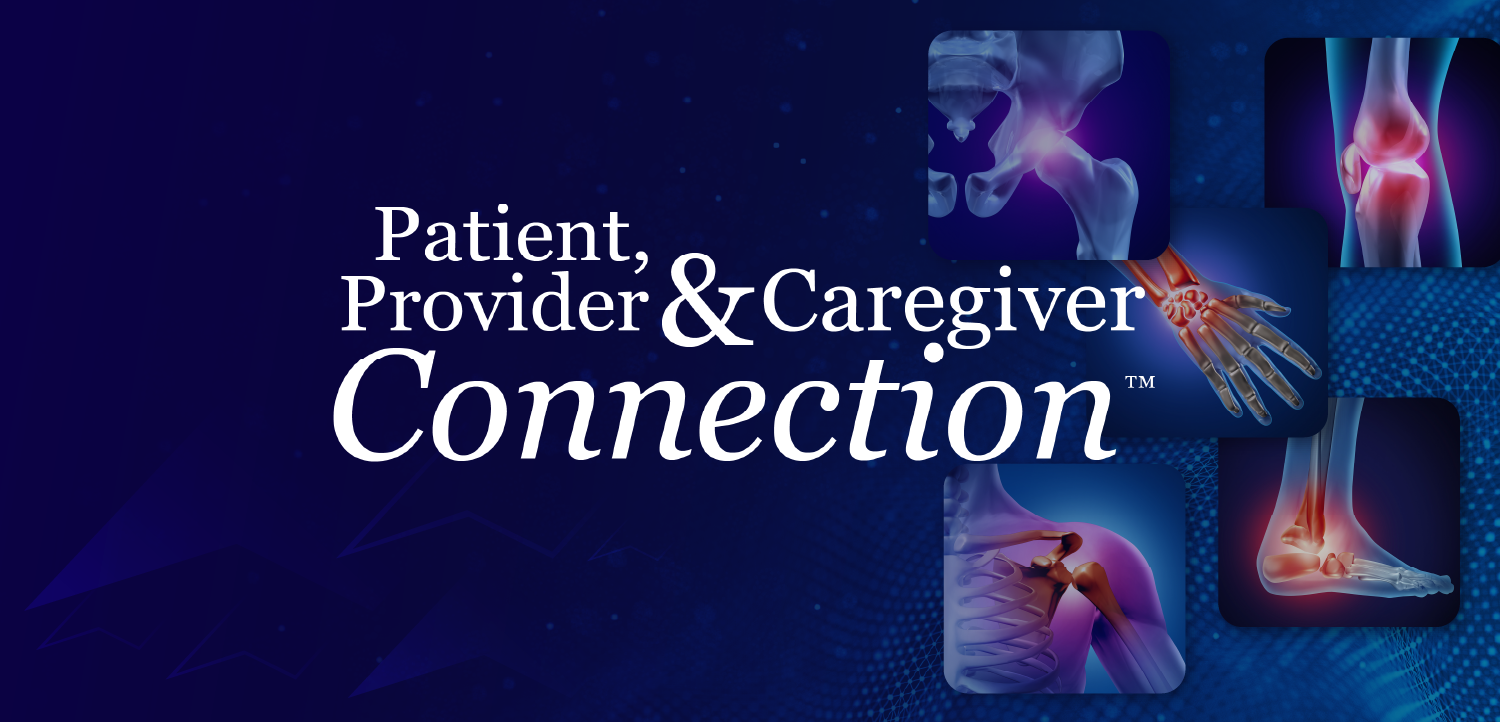|Videos|June 7, 2019
New Paradigms: Preventive Treatment for Chronic Migraine
Advertisement
Newsletter
Keep your finger on the pulse of neurology—subscribe to NeurologyLive for expert interviews, new data, and breakthrough treatment updates.
Advertisement
Related Articles
 Current Challenges and New Opportunities Ahead for Women in Neurology
Current Challenges and New Opportunities Ahead for Women in NeurologySeptember 15th 2025
 Del-Zota Reverses Duchenne Disease Progression in 1-Year Trial Update
Del-Zota Reverses Duchenne Disease Progression in 1-Year Trial UpdateSeptember 15th 2025
 2025 Women in Neurology Conference: Educating, Mentoring, and Networking
2025 Women in Neurology Conference: Educating, Mentoring, and NetworkingSeptember 15th 2025
Latest CME
Advertisement
Advertisement
Trending on NeurologyLive
1
Del-Zota Reverses Duchenne Disease Progression in 1-Year Trial Update
2
EMA Approves Semaglutide as First GLP-1 RA for Cardiovascular, Stroke-Related Benefits
3
Current Challenges and New Opportunities Ahead for Women in Neurology
4
2025 Women in Neurology Conference: Educating, Mentoring, and Networking
5





